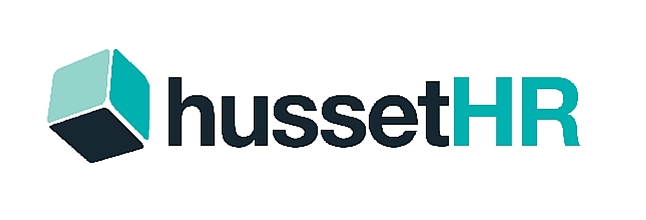In recent years, there has been a significant shift in the way we work, with remote work becoming the new norm for many Australian businesses. Because remote work presents a new set of challenges in terms of communication, collaboration, and performance management, employers have been forced to reconsider their approach to managing their teams.
Despite the challenges, remote work has numerous advantages for both employers and employees, including increased flexibility, lower overhead costs, and a better work-life balance. As a result, many companies are considering a hybrid or fully remote work model in the long run. However, for remote work to be successful, employers must develop effective performance management techniques that are tailored to the specific needs of remote teams.
“Don’t underestimate the power of a functioning remote or hybrid workforce or cling to outdated ways of operating,” says Elle Jordan, HR Advisor at hussetHR. “Many of our younger workers entered the workforce with a level of flexibility not previously available. Additionally, older generations have realised the benefits of working from home and may not want to return to a traditional office setting. Companies that effectively adapt will have a competitive advantage in attracting and retaining top talent, improving productivity, and achieving business goals”.
In this article, we will look at some effective performance management techniques that employers in Australia can use to manage their remote teams.
The benefits of a remote workforce for the overall success of a business
There are several benefits to having staff work remotely that can contribute to the overall success of a company. Some of the benefits to a company are:
- Increasing employee satisfaction: remote or hybrid work can increase employee satisfaction, leading to increased employee retention and productivity. By allowing staff to work from home or other remote locations, employers can offer increased flexibility and work-life balance, which can lead to a more engaged and motivated workforce.
- Ability to tap into a wider talent pool: with a remote workforce, geographical location is no longer a barrier to employment. This can lead to increased diversity and a more well-rounded team.
- Reduce overhead costs: a remote workforce means there are no associated costs with maintaining a physical office space, such as rent, utilities, and maintenance.
Ultimately, the advantages of remote work can lead to a more effective, successful, and profitable business. Nevertheless, for remote work to be successful, employers must create efficient performance management procedures and tools that are suited to the requirements of their remote teams.
5 tips for successfully managing a remote team
Here are some effective performance management techniques for managing your remote team:
- Establish clear expectations and goals: When working remotely, employers must clearly communicate expectations and goals to their remote teams. Regular check-ins, performance reviews, and goal-setting exercises can help with this. Setting clear expectations will help remote team members understand what is expected of them and what they need to accomplish to meet their goals.
- Use technology to track progress: It can be difficult to keep track of progress and performance in a remote work environment. Employers can monitor the progress of their remote teams and identify areas for improvement by using technology such as project management software, time-tracking tools, and performance analytics.
- Encourage regular communication: Regular communication is key to effective performance management in remote teams. Employers should meet with their remote team members on a regular basis to discuss progress, provide feedback, and address any concerns. This is possible via video conferencing, instant messaging, or email.
- Provide ongoing feedback and recognition: Remote team members may feel disconnected from their colleagues and the organisation as a whole. Regular feedback and recognition can assist remote team members in feeling valued and engaged. Employers should provide feedback on both positive and negative performance and recognise their remote team members’ accomplishments.
- Professional development is essential for all employees, but it is especially important for remote team members who may feel isolated or disconnected. Employers should provide remote teams with training and development opportunities to help them develop new skills and stay motivated.
hussetHR and successfully managing remote teams
In Australia, managing the performance of remote teams requires a different approach than managing in-person teams. To ensure that their remote teams are productive and engaged, employers must use technology, clear communication, ongoing feedback, and training opportunities. Employers can help their remote teams succeed and contribute to the organisation’s success by implementing these performance management techniques.
At hussetHR, we understand the cultural shift towards remote and hybrid workforces, as well as the need to manage them effectively.
Our experienced HR advisors can provide tailored advice and support to assist you in putting the strategies discussed in this article into action and building strong and productive remote teams.
Contact us today to learn more about how we can help you manage your remote employees and teams.
When determining the optimal solution for your company, it is advisable to get experienced HR advice. hussetHR is always available via phone or email and ready to advise you on the best course of action.
Call us today at 1300 487 738

